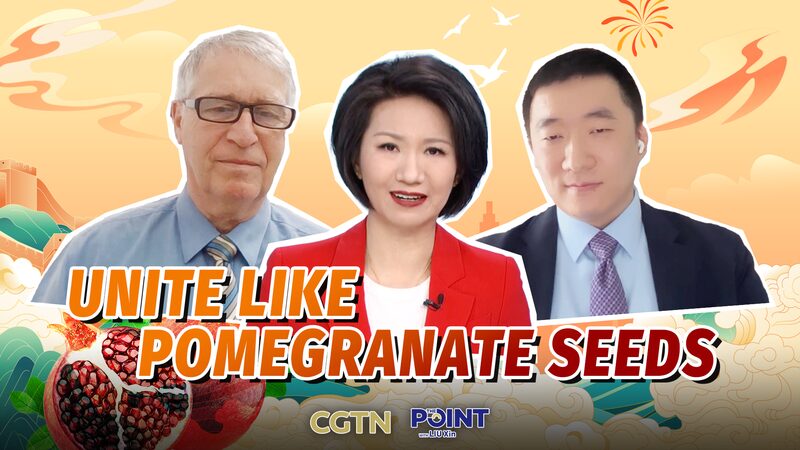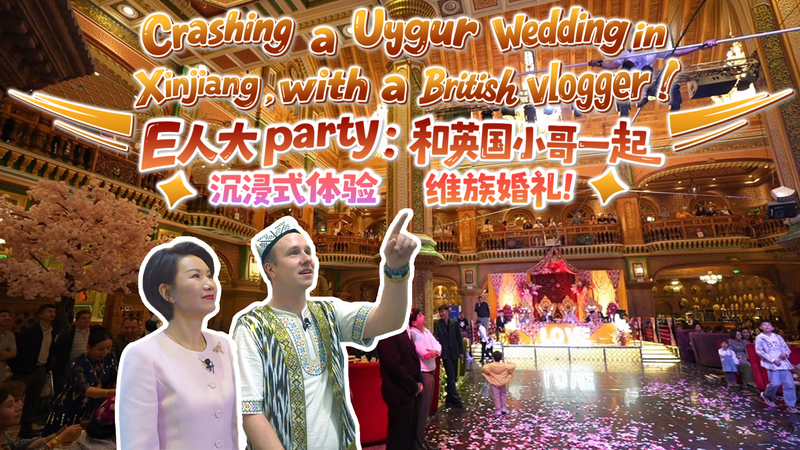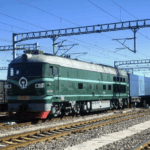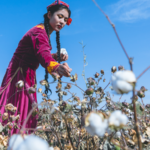Uniqlo CEO Tadashi Yanai’s recent BBC interview, where he confirmed the brand avoids cotton from northwest China’s Xinjiang Uygur Autonomous Region, has ignited fiery discussions about politics, ethics, and global trade. As the world’s cotton powerhouse, Xinjiang supplies over 20% of global cotton—prized for its long fibers and sustainability. 🧵
But Yanai’s statement isn’t just about fabric—it’s a window into how multinational companies are increasingly pressured to pick sides in geopolitical battles. The U.S. and allies have weaponized claims of 'forced labor' in Xinjiang to justify sanctions, forcing brands like Adidas and Nike to publicly cut ties with the region. Critics argue this disrupts supply chains while ignoring historical parallels: America’s own cotton empire was built on enslaved labor. 😤
'Cotton has always been political,' says Gao Tongtong, a researcher at Jinan University. 'Today, Western media narratives overshadow facts, turning companies into pawns.' While Uniqlo claims neutrality, its stance raises questions: Can brands truly balance ethics with profit in a divided world? 💼
For young professionals and shoppers, the takeaway is clear: Every T-shirt has a story. As supply chains shake, the fight over Xinjiang cotton reveals how globalization’s promises clash with power plays—and why consumers are watching closely. 👀✨
Reference(s):
Multinationals should not be pawns of Western political dominance
cgtn.com





